Filter data
|
ID |
Nickname |
Country / City |
Languages |
Taxonomies |
Comment |
Project / Group |
Map |

|
30737
|
|
Schweiz
Lauterbrunnen
|
|
|
—
|
BA Linguistic Landscape
|
|
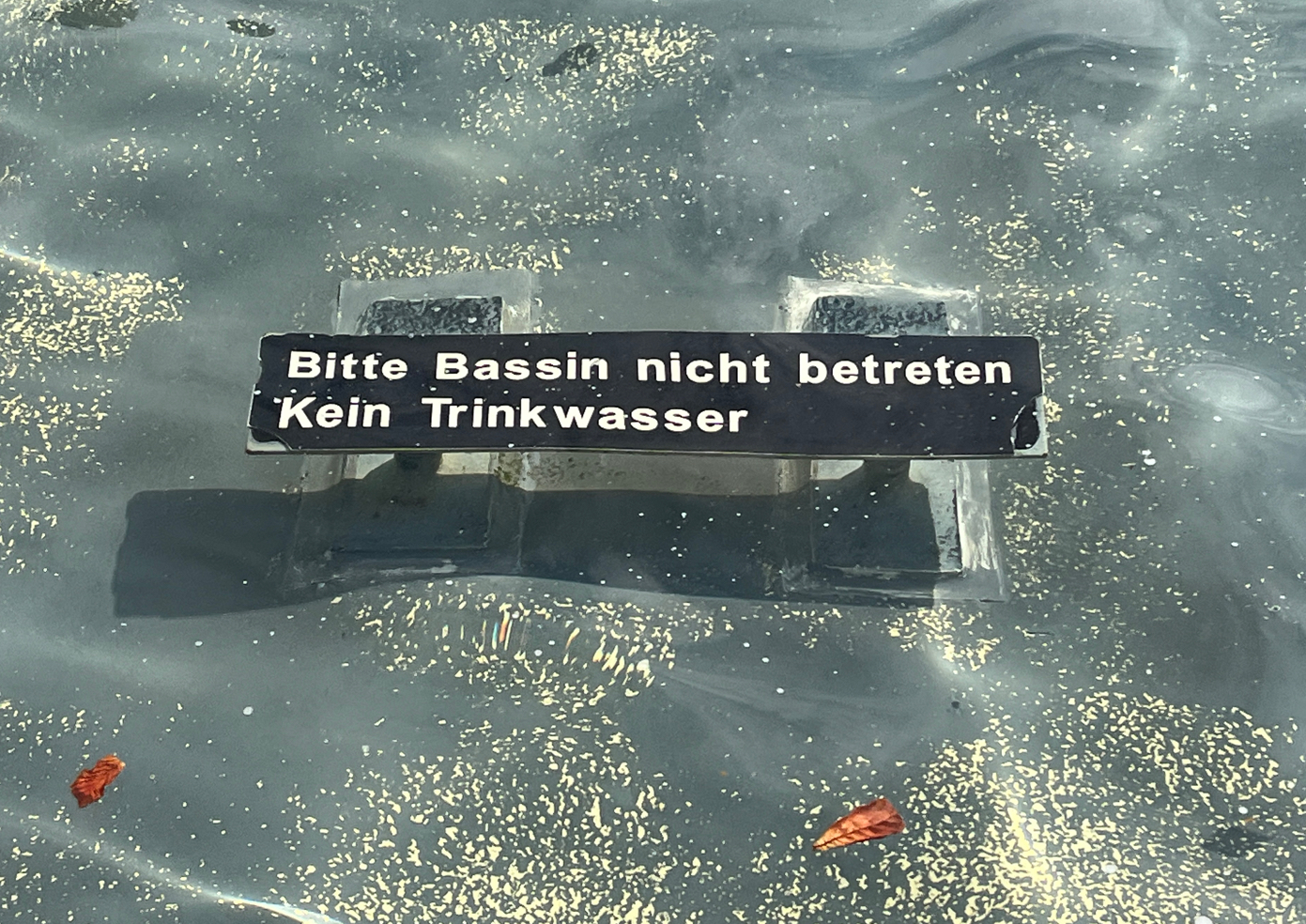
|
109585
|
Questoph
|
Schweiz
Basel
|
|
|
—
|
|
|

|
120593
|
AnnaMykhaylova
|
Schweiz
Fribourg
|
|
|
Museumsschild
|
Fribourg/Freiburg
|
|
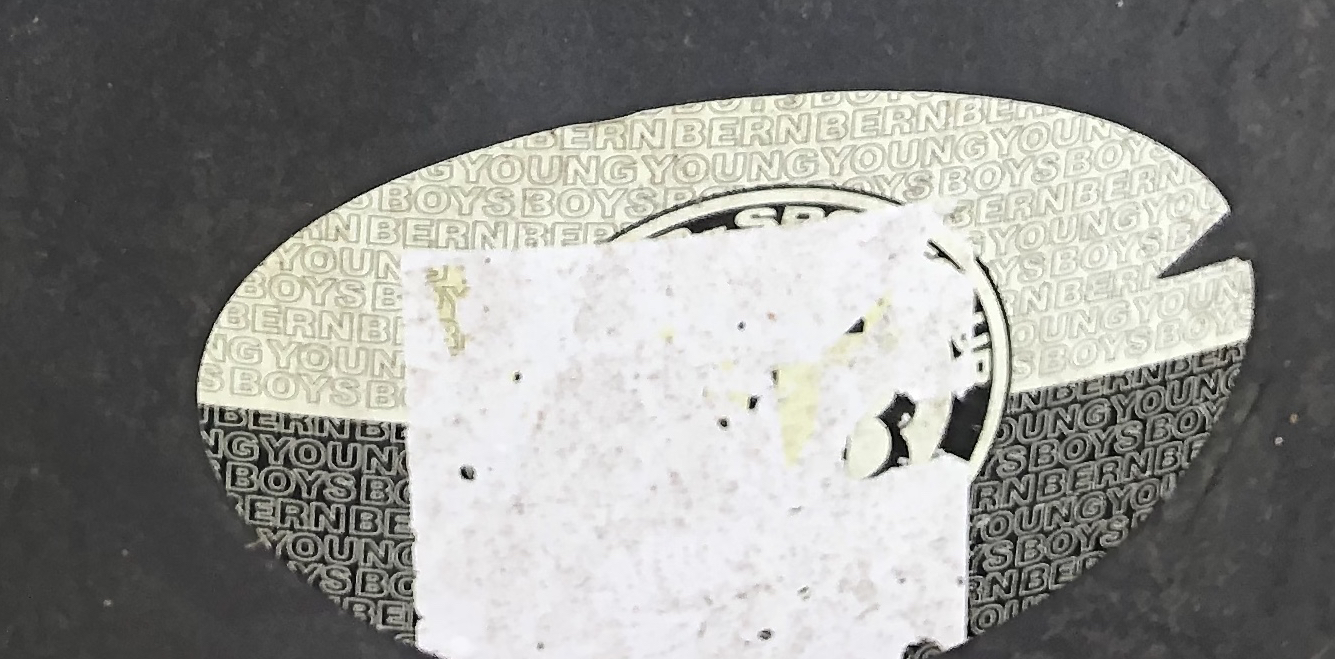
|
149522
|
L-U.K (2)
|
Schweiz
Murten
|
|
|
—
|
Freiburg/Fribourg2025
|
|
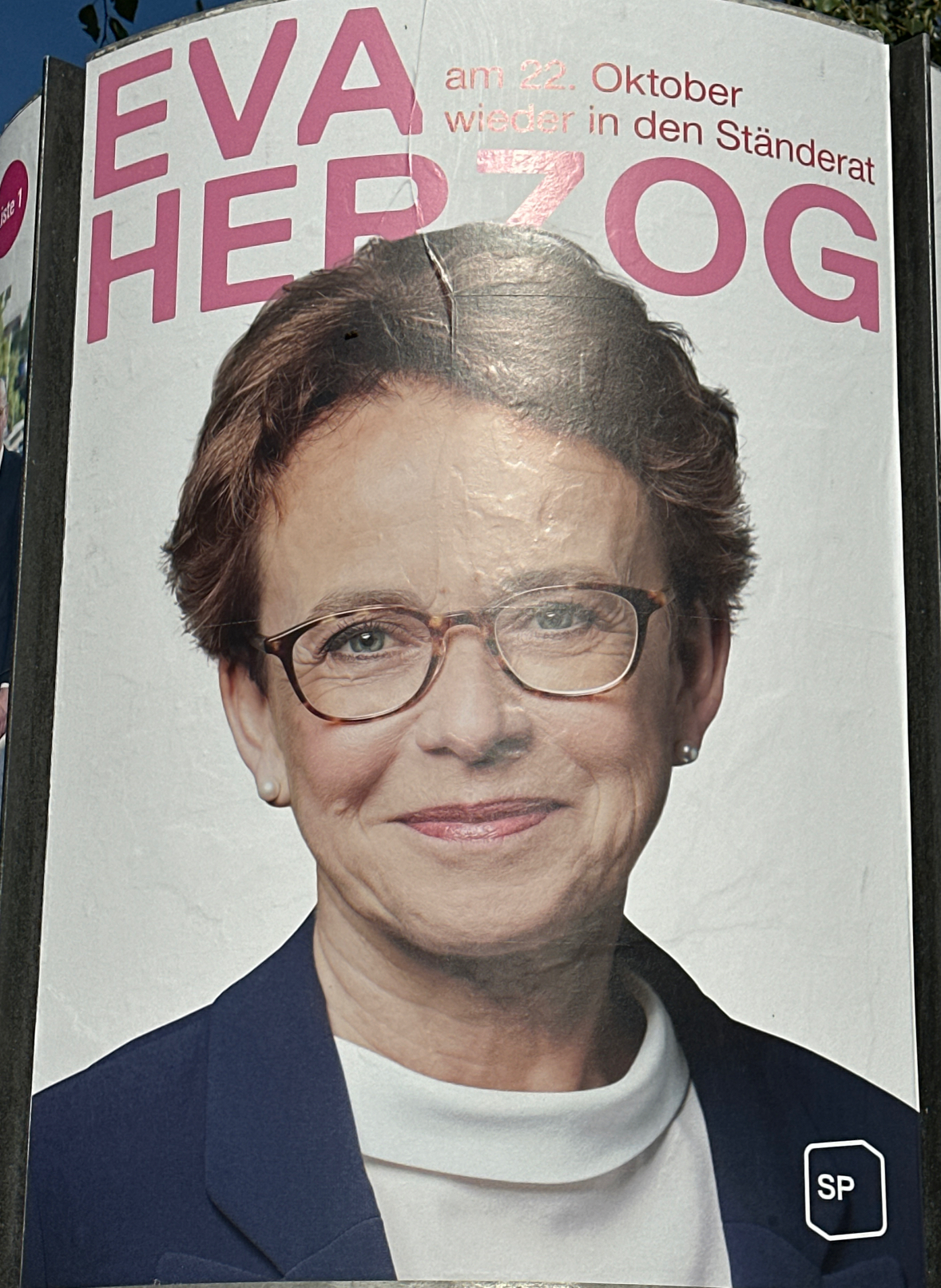
|
91666
|
Quortismus
|
Schweiz
Basel
|
|
|
SP, Eva Herzog
|
Unibas_Wahlkampf
|
|
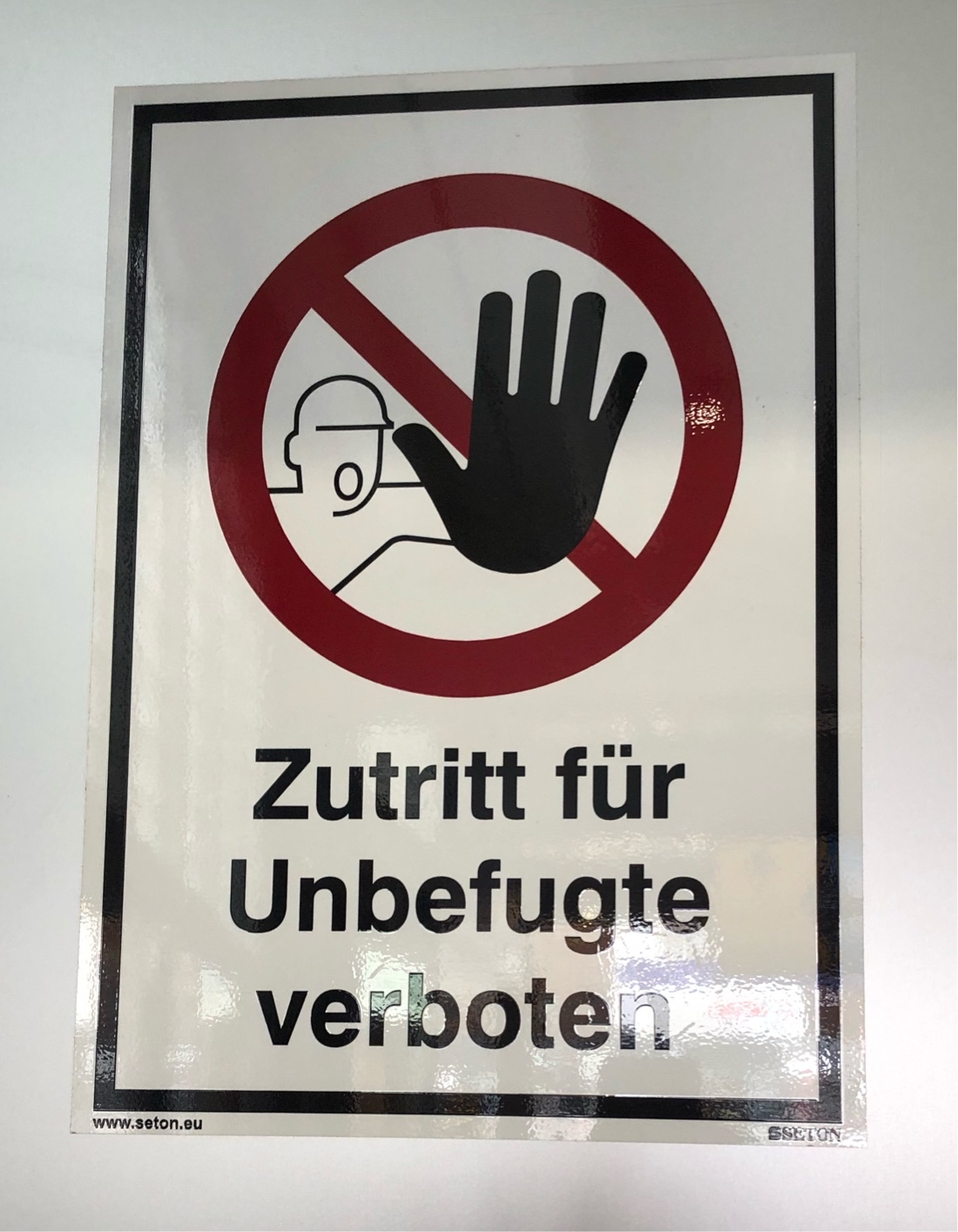
|
29202
|
|
Schweiz
Zermatt
|
|
|
Verbot durch Icon signalisiert.
|
BA Linguistic Landscape
|
|
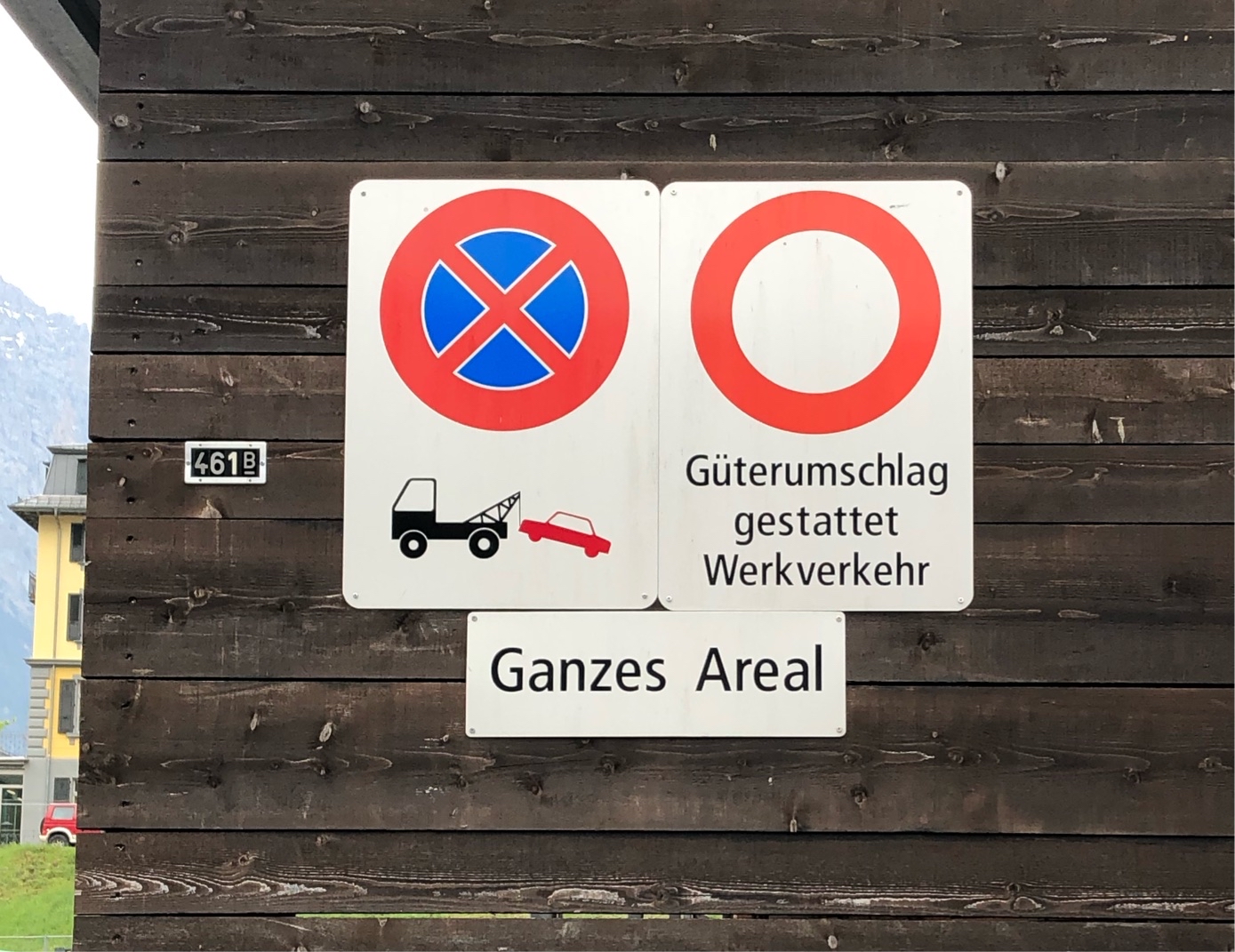
|
30738
|
|
Schweiz
Lauterbrunnen
|
|
|
—
|
BA Linguistic Landscape
|
|

|
30994
|
|
Schweiz
Andermatt
|
|
|
—
|
BA Linguistic Landscape
|
|
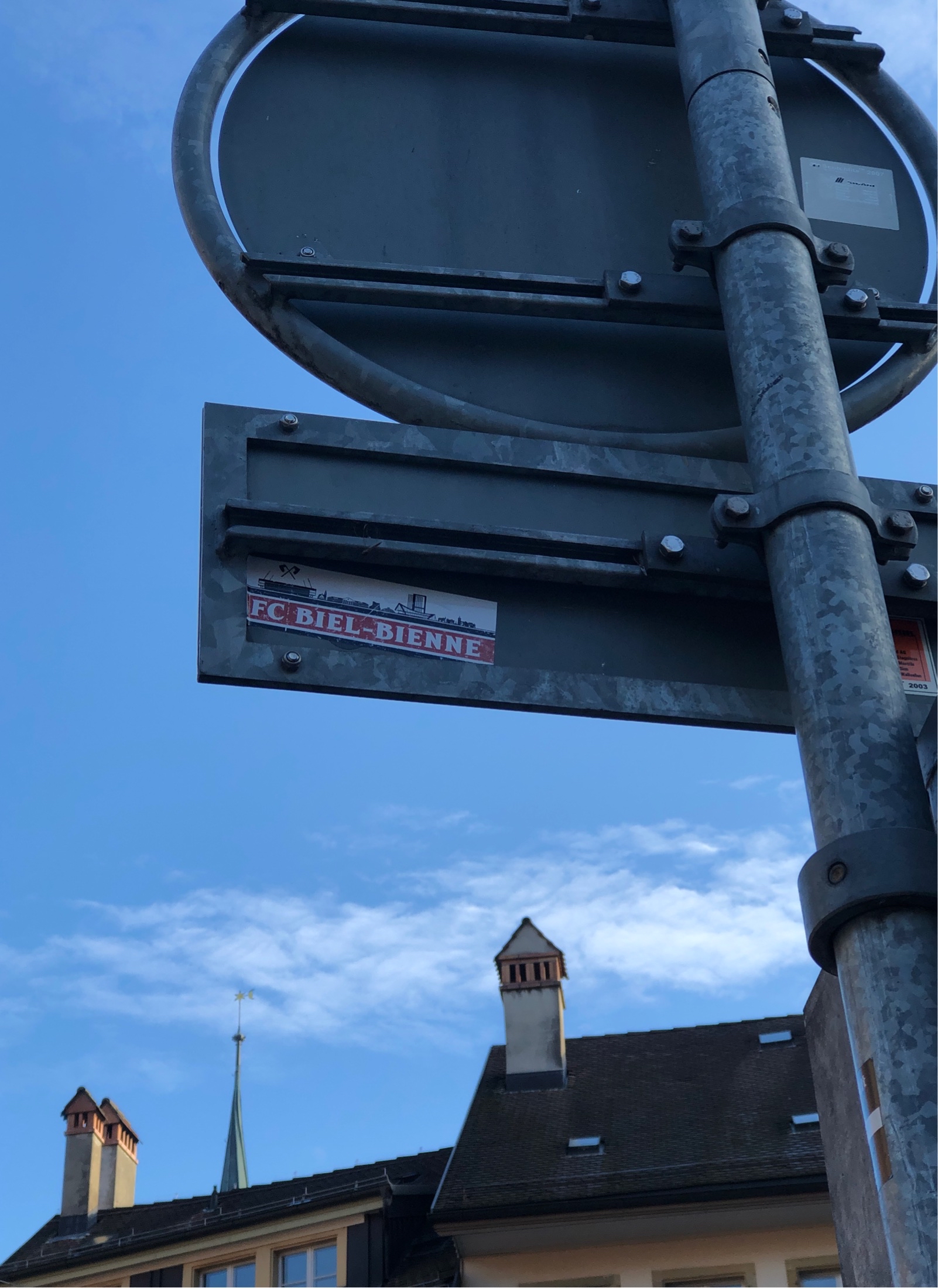
|
35602
|
|
Schweiz
Biel
|
|
|
—
|
LLBiel5
|
|
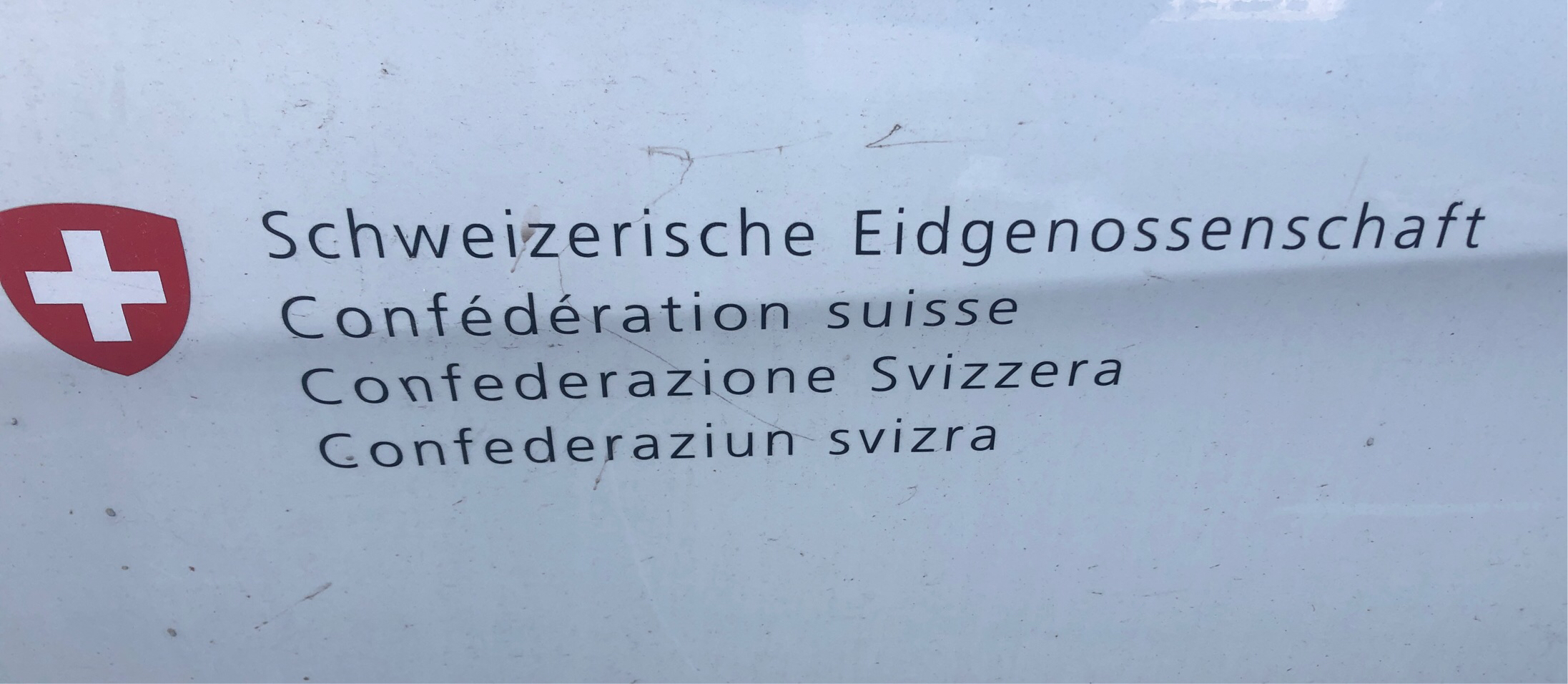
|
35858
|
|
Schweiz
Nidau
|
|
|
—
|
LLBiel6
|
|
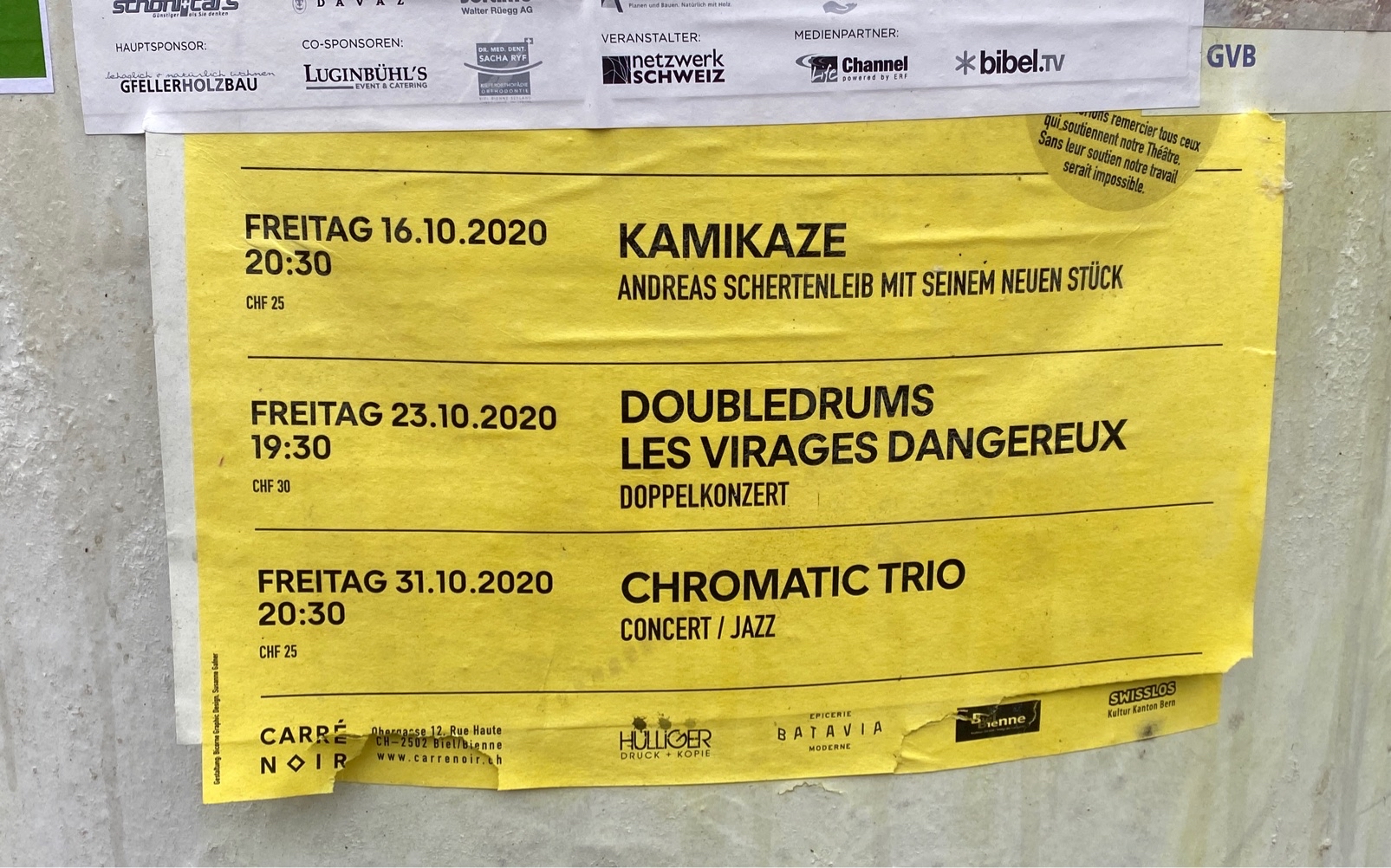
|
36370
|
|
Schweiz
Biel
|
|
|
—
|
3LLBiel
|
|

|
109586
|
Questoph
|
Schweiz
Basel
|
|
|
—
|
|
|
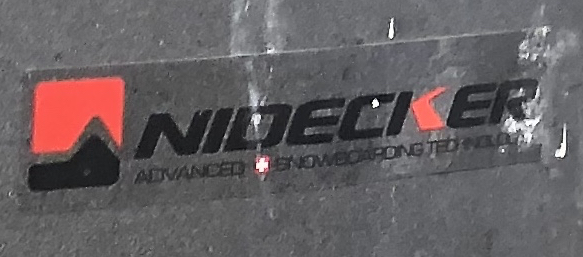
|
149523
|
L-U.K (2)
|
Schweiz
Murten
|
|
|
—
|
Freiburg/Fribourg2025
|
|
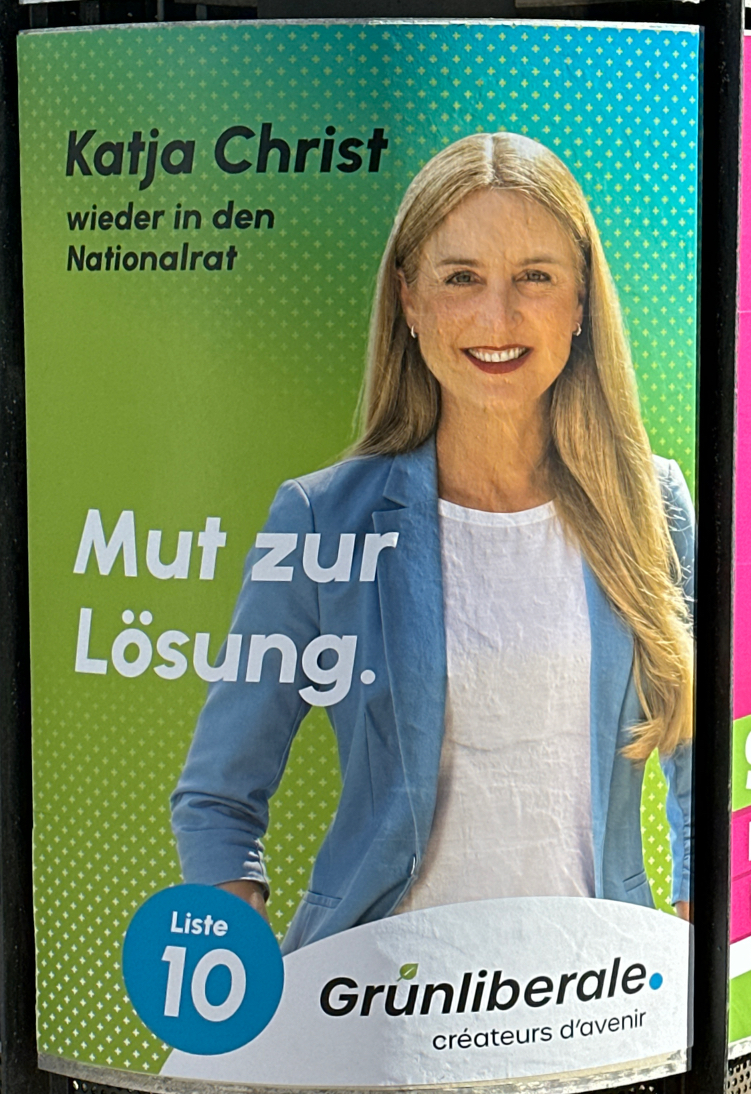
|
91667
|
Quortismus
|
Schweiz
Basel
|
|
|
Grünliberale, Katja Christ
|
Unibas_Wahlkampf
|
|
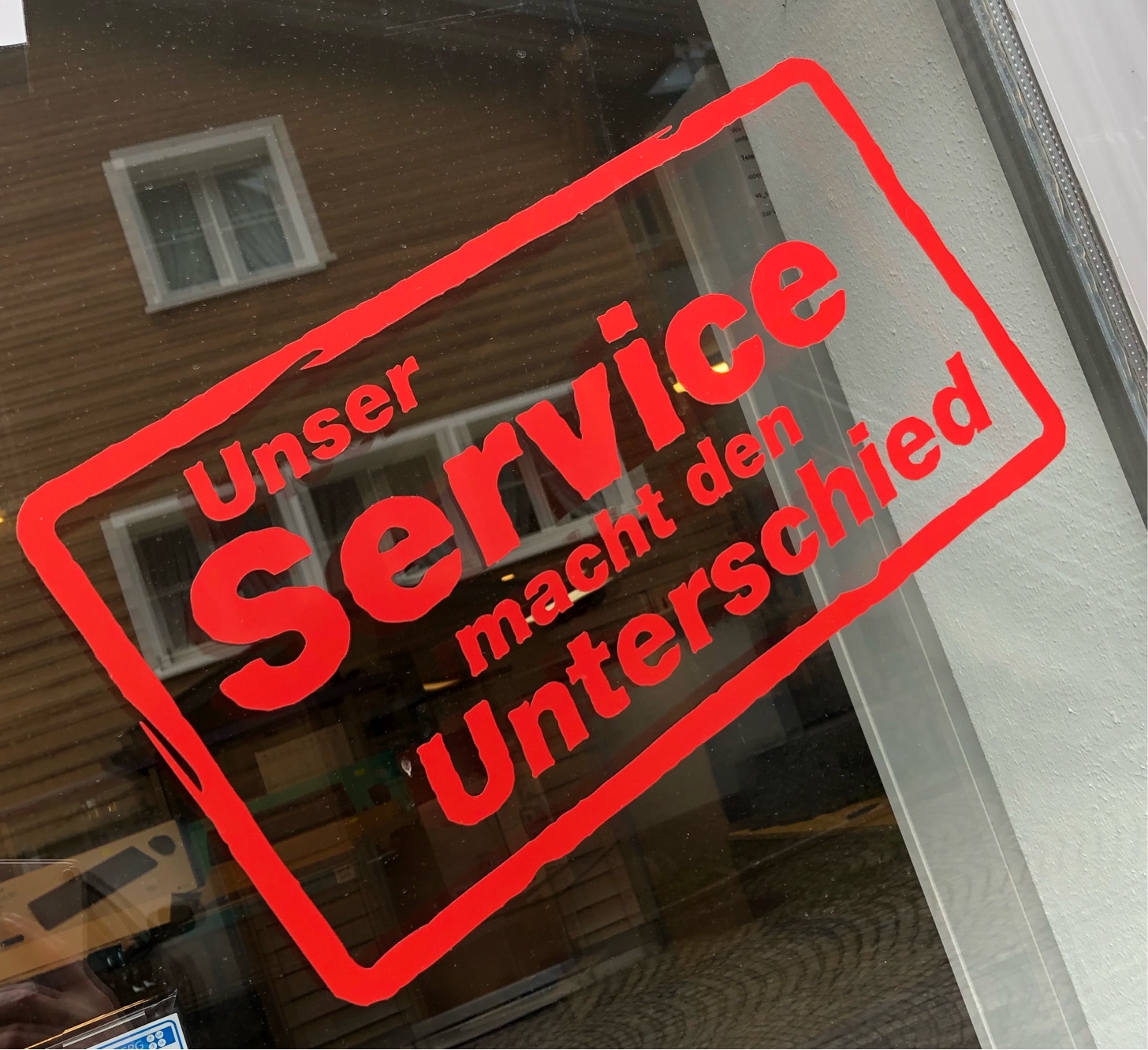
|
27411
|
|
Schweiz
Andermatt
|
|
|
—
|
BA Linguistic Landscape
|
|
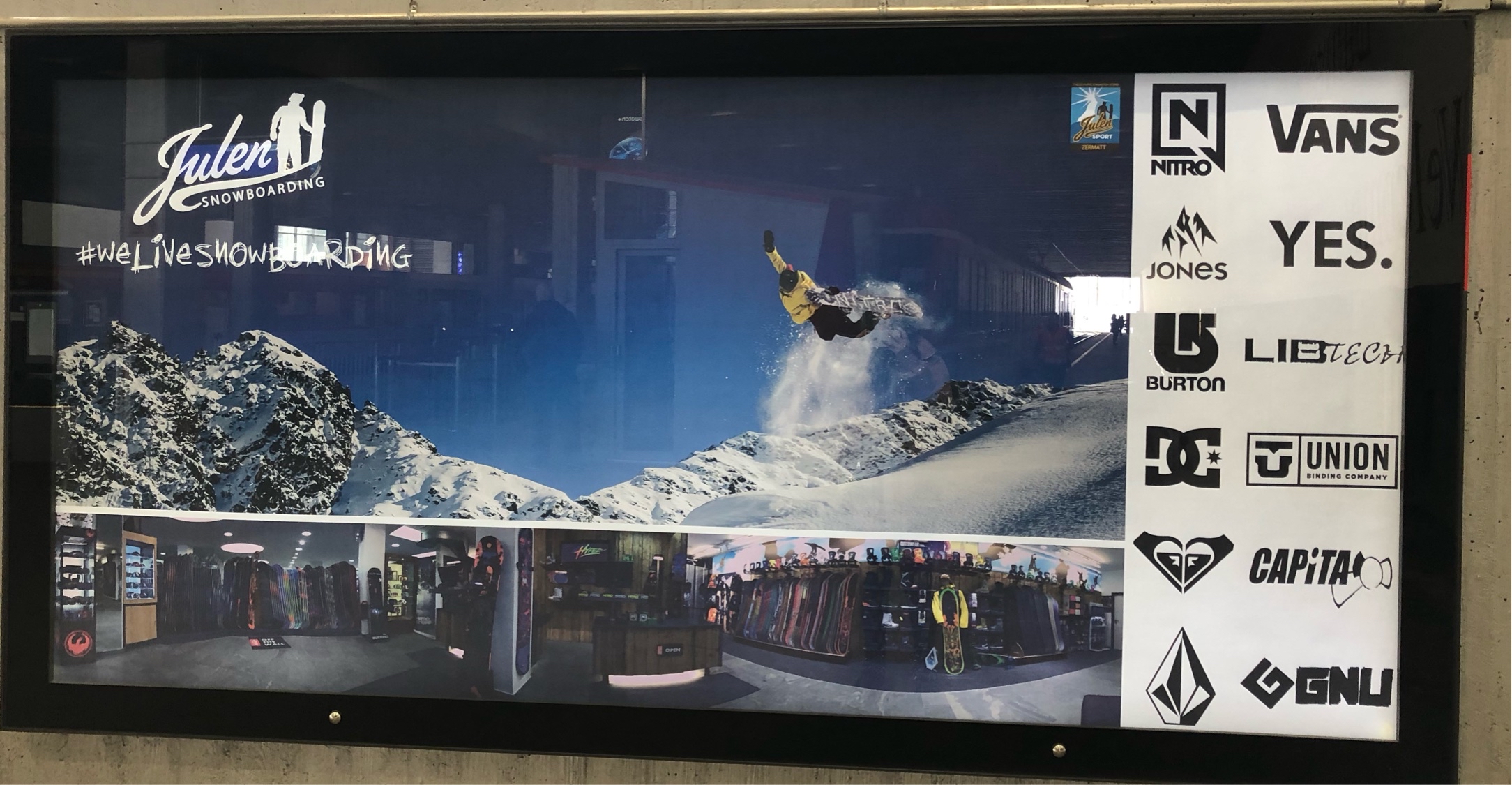
|
29203
|
|
Schweiz
Zermatt
|
|
|
—
|
BA Linguistic Landscape
|
|
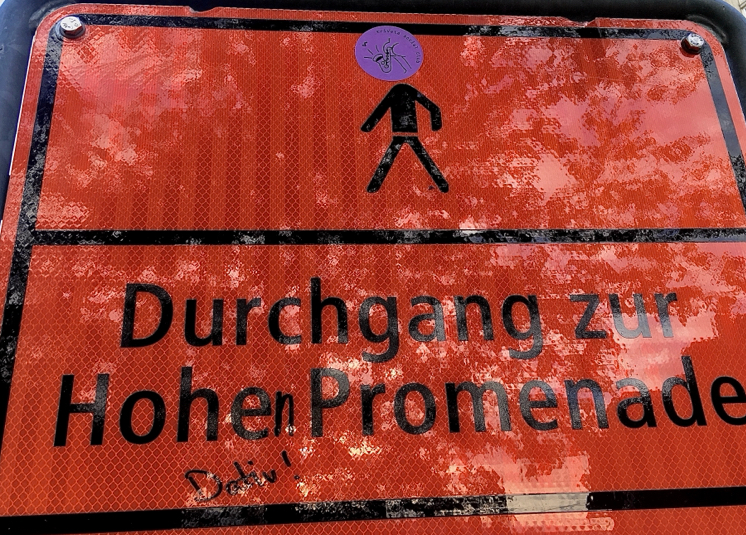
|
95507
|
|
Schweiz
Zürich
|
|
|
Deutsch
|
|
|
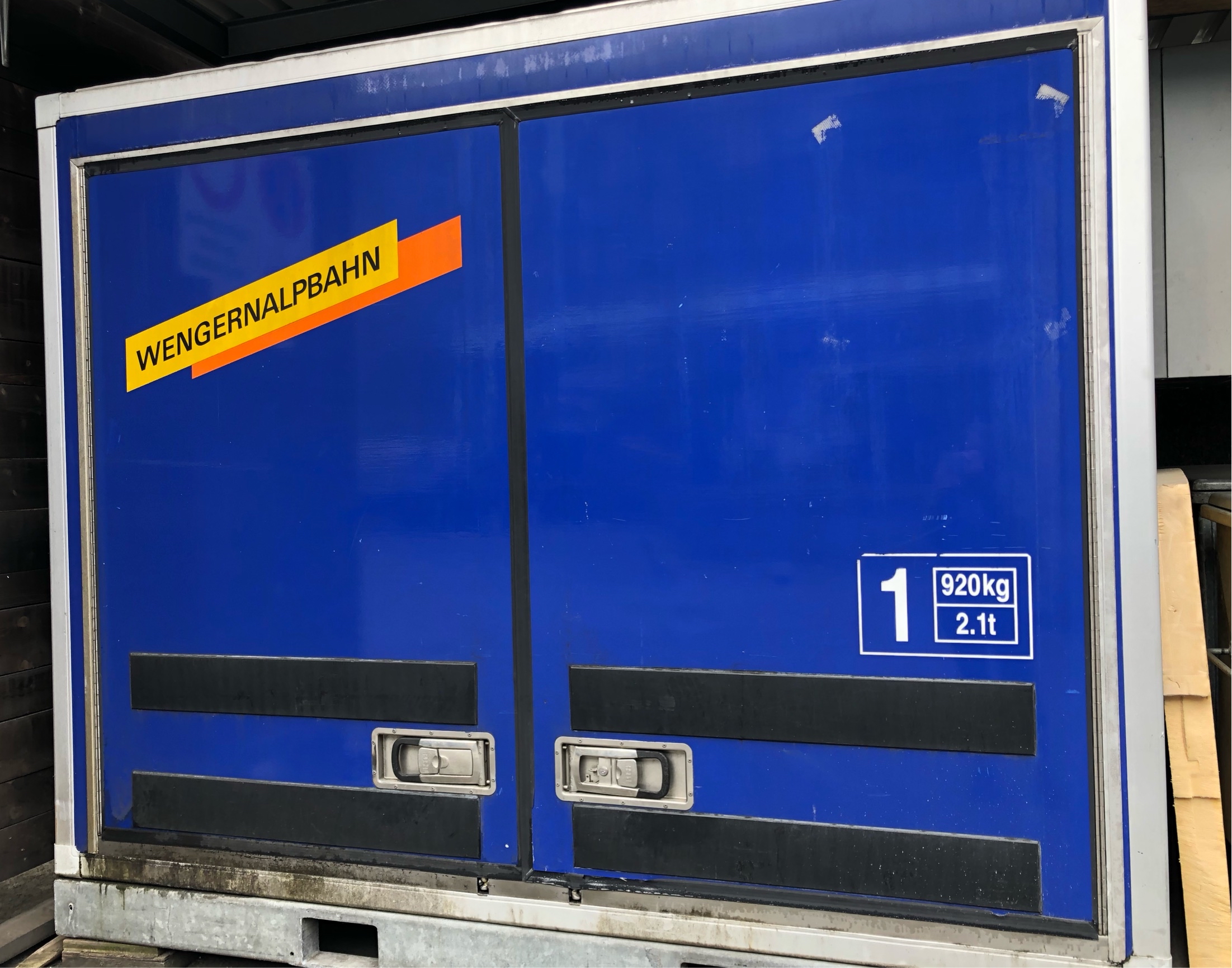
|
30739
|
|
Schweiz
Lauterbrunnen
|
|
|
—
|
BA Linguistic Landscape
|
|
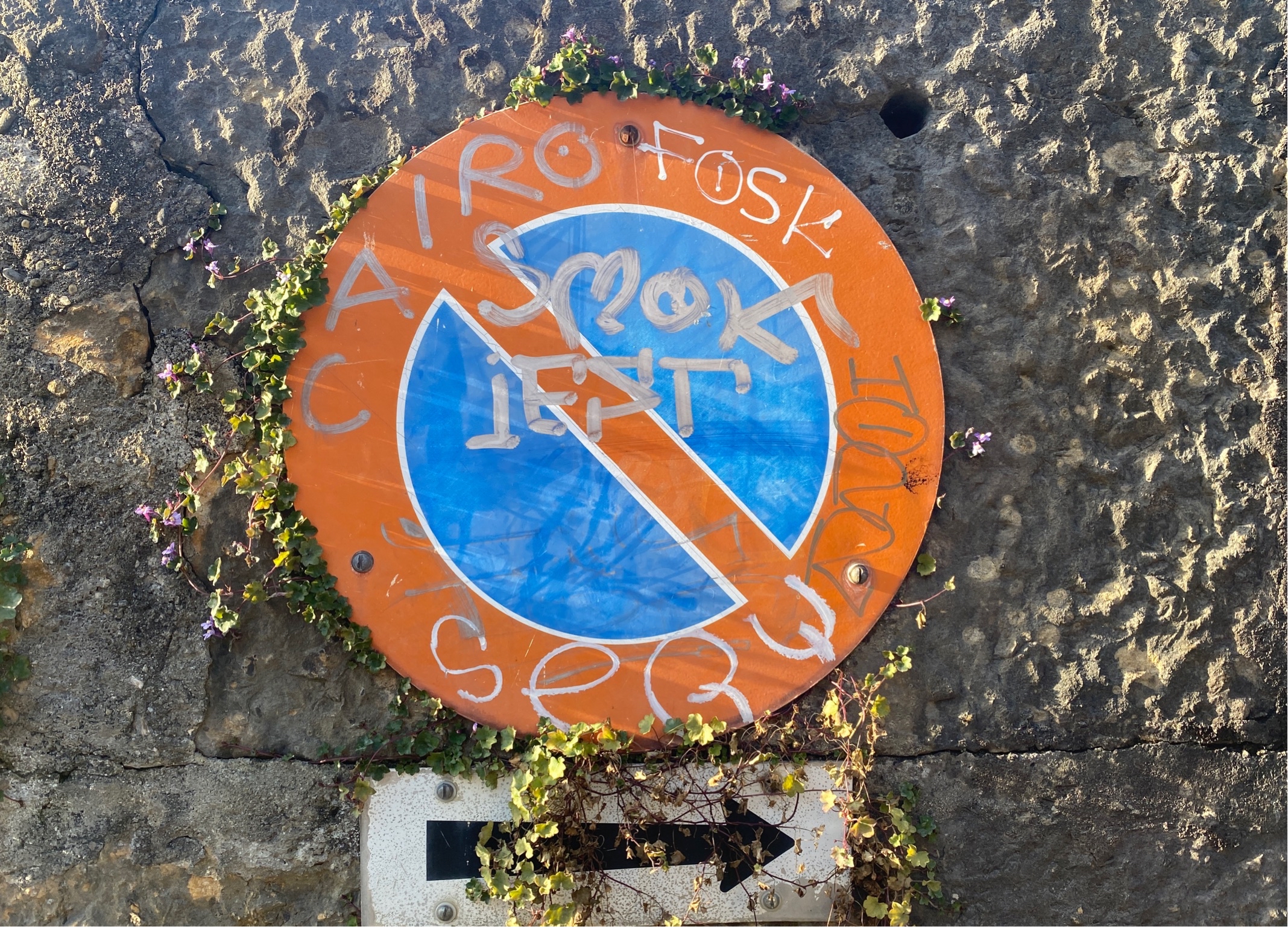
|
35603
|
|
Schweiz
Bienne
|
|
|
—
|
LLBiel5
|
|

|
109587
|
Questoph
|
Schweiz
Basel
|
|
|
—
|
|
|